The art of writing, as with all creative practice, requires inspiration, motivation, style, and innovation. As such, there is no shortcut to success. There are no standard operating procedures or instruction manuals to produce an incredible novel.
But if we could all do it, no incentive would arise to become a novel writer. The reason the written word can be so powerful is that it is a universally accessible medium, but one at which most people don’t work to excel.
Anyone can write, everybody does. But most people find it difficult to wrap their heads around doing something creatively that they typically see as a chore.
Your first step to becoming a writer is to take this pressure off and acknowledge that in being aware of the originality and subtleties of your content - by simply aspiring to be a writer rather than just getting “words on the page” - you are already a step ahead of everybody else - you are a creative writer, not a person churning content.
As a creative writer, there are no rules. Or none that you can’t break. Over the past century, we have seen absolute laws of style bent and molded into expanded possibilities for innovation. The modernists broke what a sentence could be; the postmodernists breathed a new level of respect for the ambiguities and paradoxes of culture that the modernists neglected into their writing. The potential for originality in writing has never been so great.
But with endless possibilities and potential comes indecisiveness. Too many options on the menu and we don’t know what to eat. Though we may only have 26 letters in our alphabet the number of unique combinations of words in a sentence is so large it is immeasurable.
With creative practice, there may be no “ultimate guide,” but experience drives you forward - and not just your own but others’. Learning from the wisdom of seasoned and respected writers is what pushes artists to hone their craft and create something new. Breaking the creative loop of their historical and cultural milieu is what turns a good writer great. But you need to know the rules to break them.
In this guide, we don’t want to tell you how to write, so instead, we have collated a wealth of advice from expert authors giving voice to an in-depth knowledge of the practice.
Whether you are struggling with inspiration, plot and character development, or the dreaded blank page, you’ll find guidance and recommendations from writers who have been there and done it in this post. Read on!
1. Contribution
[caption id="attachment_14005" align="alignleft" width="210"]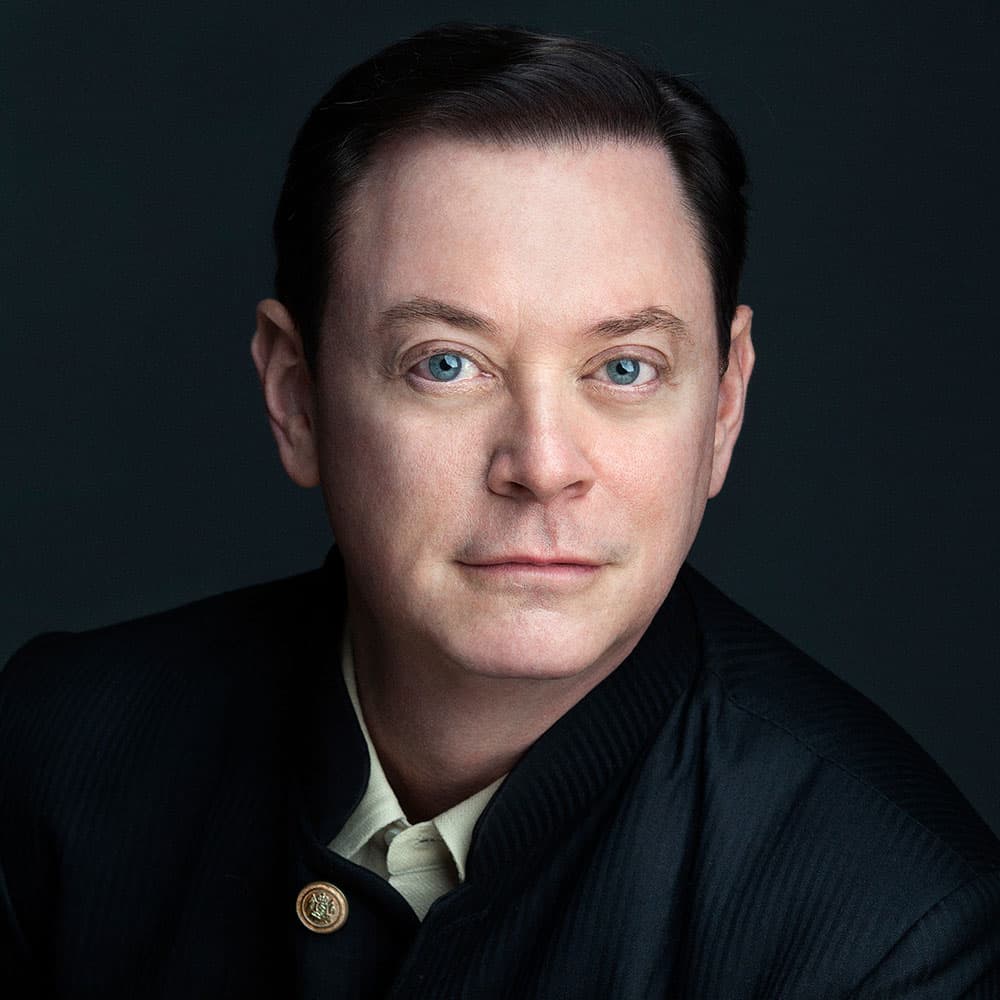 Andrew Solomon (Source: tuesdayagency.com)[/caption]
Andrew Solomon (Source: tuesdayagency.com)[/caption]Stories, whether real or fictitious, can hold more truth than simple reporting. Storytelling comes with a certain level of purposeful ambiguity, which can bring points to light in a way that “telling people how it is” cannot. As National Book Award winner Andrew Solomon says,
“Even in our post-postmodern era, writing has a moral purpose. With 26 shapes arranged in varying patterns, we can tell every story known to mankind, and make up all the new ones – indeed, we can do so in most of the world’s known tongues. If you can give language to experiences previously starved for it, you can make the world a better place.”
Putting pen to paper (or finger to keyboard) does not have to match the self-destructive, self-deprecating, rockstar stereotype of the lonely Beat author. Stories can reach deep into the cortex of the communal psyche and become sources of guidance through socio-cultural change. Don’t write your book for you. Change how you see it, Do it with the intention of contributing to the world.
Andrew Solomon is an award-winning author and a lecturer on politics, culture, and psychology. He is also known for his activism in LGBT rights, mental health, and the arts.
2. Environment
[caption id="attachment_14012" align="alignleft" width="210"]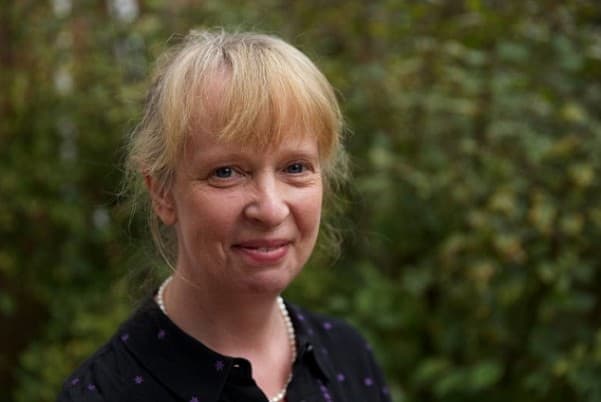 Kate Hamer (Source: curtisbrowncreative.co.uk)[/caption]
Kate Hamer (Source: curtisbrowncreative.co.uk)[/caption]You can’t force yourself to be creative. But you can create the best conditions for creativity and learn how to avoid the obstacles that get in the way of your imagination. Many of us have got to that point in storyboarding a novel where your characters just seem to run out of steam. Kate Hamer makes a simple suggestion but one which requires discipline:
“If your characters decide to play up by going silent on you, take them for a walk. Mostly, by the time you get home they’ll be chattering away to you again. Walking refreshes everything and chances are you’ll be running to get back to the manuscript to continue with their story!”
It can be extremely difficult to tear yourself away in the middle of a creative block because it feels like you have gotten nowhere. Nonetheless, you need to acknowledge that as a writer not all your work takes place in front of the page/screen. Changing up your environment could just be the stimulation your brain needs to get to work on your character’s next encounter.
Kate Hamer released her debut novel, The Girl in the Red Coat, in 2015. It was shortlisted for the Costa First Novel Prize and the British Book Industry Awards Debut Fiction Book of the Year.
3. Passion
[caption id="attachment_14011" align="alignleft" width="210"]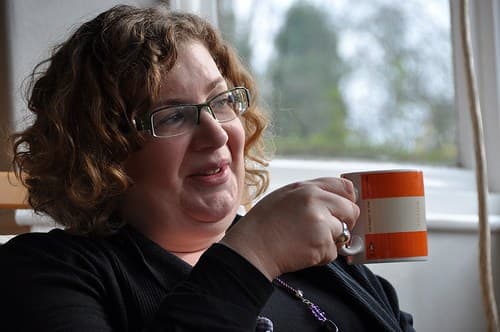 Keren David (Source: wp.com)[/caption]
Keren David (Source: wp.com)[/caption]If you are an aspiring writer, it is likely that you read. If you don’t, well... you may be heading for the wrong profession. When young writers decide they want to be professional writers though, they often stop. They stop reading because reading is a luxury; writing is work. This is the biggest mistake. As succinctly put by Keren David:
“Write the book that you're desperate to read. Fall in love with your characters. Finish the day's writing at a point where you want to know what happens next. And keep writing every day.”
Making the conceptual split between reading as fun and writing as labor is a mistake because you should be writing with passion. This does not mean solipsistically pouring your heart out onto the page like an old romantic. It means proactively enjoying writing - giving yourself breaks where you naturally would want to write more, treating yourself mean to keep yourself keen. If you don’t maintain your love for it, you will never be happy with your book whether it reaches a billion sales or zero. You have to keep stoking your passion to keep the flame alight.
Keren David is a young adult fiction writer living in London. She has published 8 successful books to high critical acclaim and is currently adapting one of them into a musical.
4. Indulgence
[caption id="attachment_14014" align="alignleft" width="210"]Fake it till you make it. Live the life of the writer you aspire to be. Personalize your workspace, surround yourself with resources, reduce unnecessary distractions, and indulge your creating writing guilty pleasures. Sometimes inspiration doesn’t come directly from somewhere but arises because you put yourself in the frame of the trailblazing author you want to be. Lliana Bird says:
“Pick somewhere inspiring to write, environment can be key – we (Jack Lewis and I) wrote The Mice Who Sing for Sex surrounded by books, exhibitions, and talks from some of the greatest scientific minds of the past century. (…) Have a huge stash of chocolate biscuits to hand before any mammoth writing session, and always, always turn your phone and emails off. Distraction is the enemy of all books-to-be.”
If you can persuade yourself you are a professional writer, you will write. Surround yourself with anything and everything to help spur you on to creative thought, remove everything that doesn’t, and believe you can do it. Don’t wait to become a professional writer for that optimum work environment, create it!
Lliana Bird is a British radio presenter, writer, actress, and co-founder of the charities Help Refugees and The Kindly Collective. The Mice Who Sing For Sex: And Other Weird Tales from the World of Science, which was co-written with Dr. Jack Lewis, is available at bookstores now.
5. Commitment
[caption id="attachment_14008" align="alignleft" width="210"]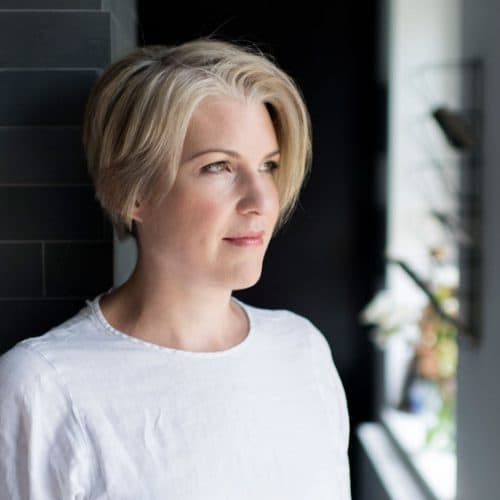 Sarah Naughton (Source: www.google.com)[/caption]
Sarah Naughton (Source: www.google.com)[/caption]If we haven’t hammered it home enough, if you are an aspiring writer, you should like to write. But liking to write is not the same as knowing what to write. Many young authors have a deep awareness and good control of stylistic and tonal elements but become demotivated because they feel like they have nothing to say. Sarah Naughton has a nugget of wisdom:
“Don’t believe anyone who tells you that you should only write if you have something important to say. Most writers don’t. They write because they like doing it.”
You don’t have to have explored the world; You don’t have to have been to university: You don’t have to have studied literary theory. Sometimes the most apparently inane fables can produce the deepest revelations. Love writing first, and enjoy it. You have millions of stories to tell. Commit to them and give them life.
Sarah Naughton’s first novel, The Hanged Man Rises, was released to critical acclaim in 2013. She is currently living in London with her family and writing her second.
6. Discipline
[caption id="attachment_14007" align="alignleft" width="210"]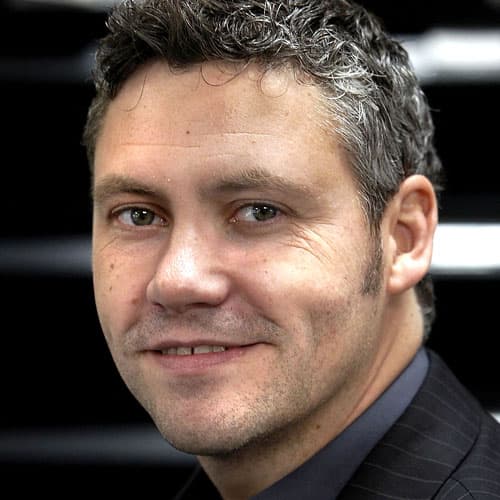 David Barnett (Source: blogspot.com)[/caption]
David Barnett (Source: blogspot.com)[/caption]When looking for tricks and tips to help with the mammoth task of writing your first book, it is tempting to be drawn in by prescriptive advice on the web and treat it as common law. Whoever it is that first recommended working to a word limit each day, someone caught on, and everyone started repeating it. But in actuality, the creative writing process is more complicated than typing. Make yourself feel guilty for doing anything else, and you may seriously hamper your imaginative freedom. David Barnett thinks so:
“You will inevitably be told by someone that you have to write a thousand words every day. You don’t, in the same way that you don’t have to run every day, or go to the gym every day. As with exercise, with writing you can let your muscles rest. Besides, writing is not just sitting at a keyboard bashing out words. When you’re not doing that, you’re still writing. Your work is percolating at the back of your mind. So, going for a walk is writing. Watching TV is writing. Staring into the depths of a glass of rum is writing.”
Your goal is to write the best you can - not to write 1,000 words each day. Of course, that can be a good exercise when you are beginning to hash out the first draft, but your imagination is a strange creature; it needs to be stimulated. So accept your creative hacks and habits as part and parcel of your everyday routine. Put pressure on yourself to be creative rather than to hit an arbitrary number before you can clock off.
David Barnett is an award-winning journalist and multimedia content manager for The Telegraph. He is the successful author of Angelglass, Hinterland, and popCULT.
7. The Blank Page
[caption id="attachment_14009" align="alignleft" width="210"]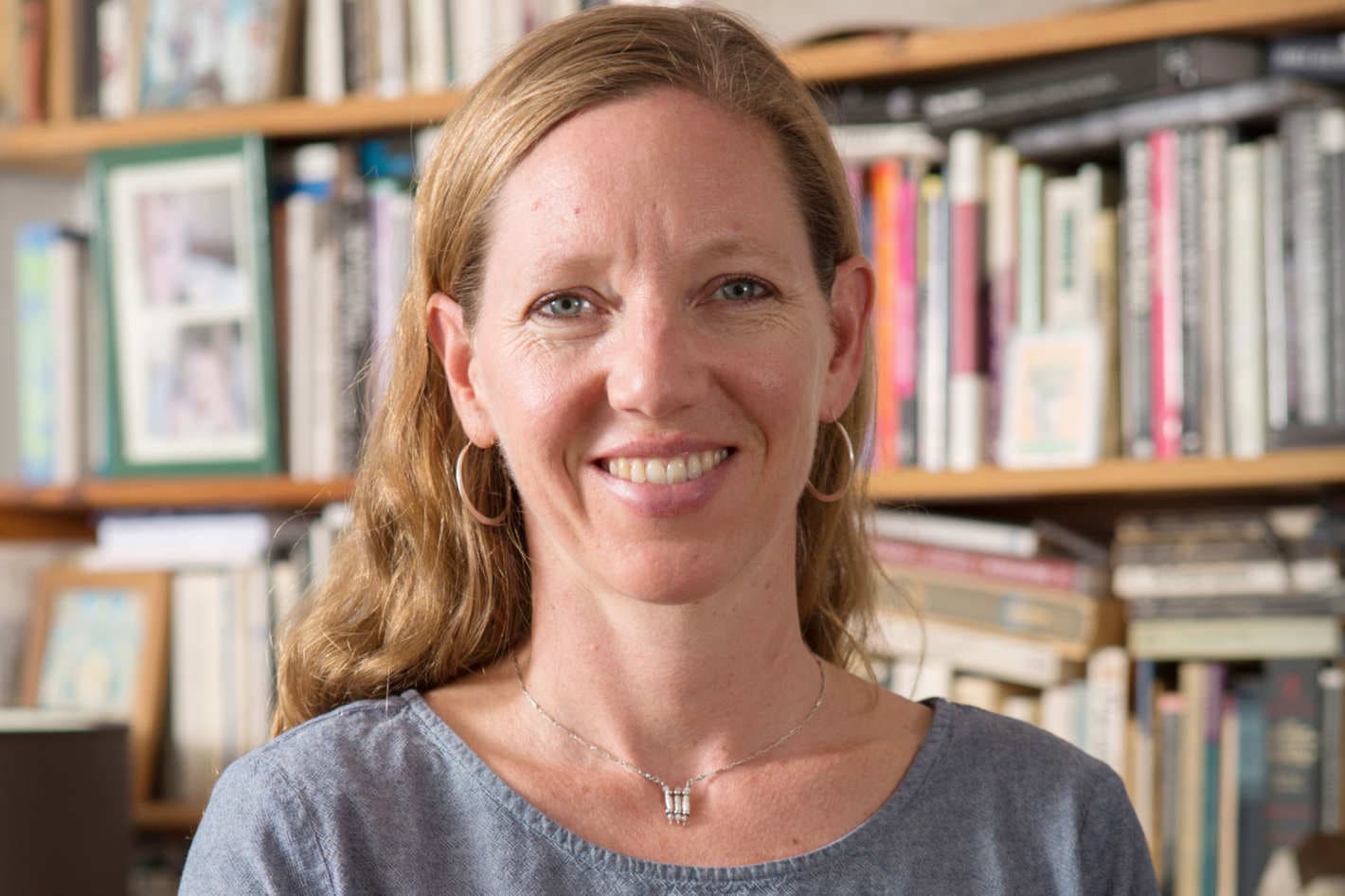 Maggie Nelson (Source: nymag.com)[/caption]
Maggie Nelson (Source: nymag.com)[/caption]The dreaded blank page. It’s the aspiring writers’ recurring nightmare. It’s true; you must give yourself the freedom to be creative. But at some point, you have to sit down and fill the page with words. Here’s some expert guidance from Maggie Nelson:
“Don’t let the terror of the white page shrink-wrap your mind. The excuse that you have writer’s block is far too easy. You have to show up for work. You have to sit in the chair and fight the blankness. Don’t leave your desk. Don’t abandon the room. Don’t check the sports pages. Don’t open the mail. Don’t distract yourself in any way until you feel you have fought and tried. You have to put in the time. If you are not there, the words will not appear. Simple as that. A writer is not someone who thinks obsessively about writing, or talks about it, or plans it, or dissects it, or even reveres it: a writer is the one who puts his arse in the chair when the last thing he wants to do is have his arse in the chair.”
All it takes to be a writer is to write. The blank page is in many ways an illusion. At the end of the day thinking about writing doesn’t get you any further. Writing, writing, rewriting, rewriting, and rewriting is how you will write your book. See writing as a discipline. Say to yourself - “I need put in the work to get this part of the story down,” rather than, “I need to write the best sentence ever.” In all likelihood, the majority of what you write in your first draft will be gone by the time you get to publication anyway. This is not fruitless. You are feeding your future-self valuable information and plot details that will ultimately inform your final write-up. Think of drafting as preparing yourself for excellent writing, rather than trying to get a final edit down.
Maggie Nelson is a poet, critic, scholar, and nonfiction writer. In 2016 she was received a MacArthur "genius" grant. She is the author of five books, including The Argonauts, which won a National Book Critics Circle Award and became a New York Times best-seller.
8. Exploration
[caption id="attachment_14004" align="alignleft" width="210"]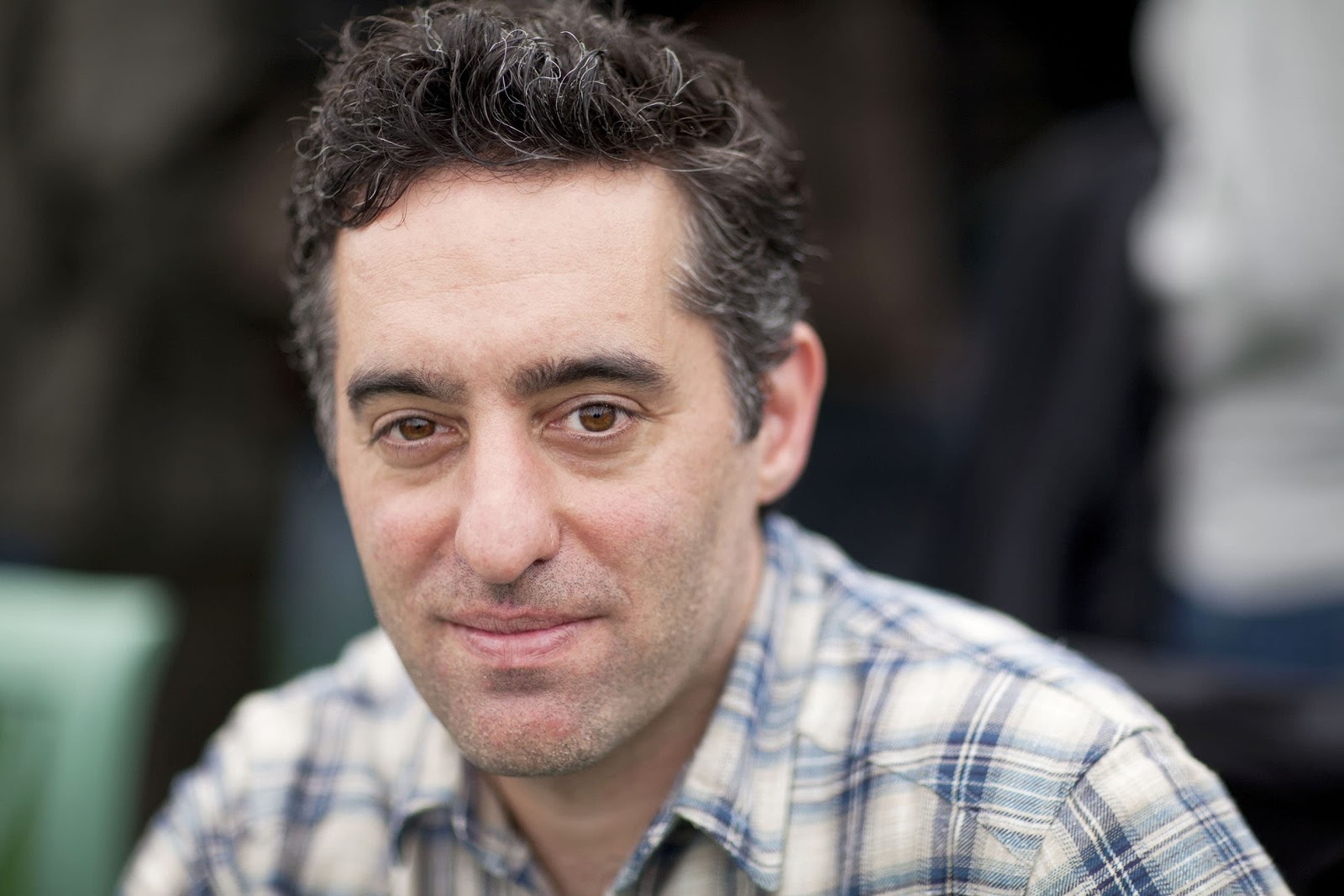 Nathan Englander (Source: thedailybeast.com)[/caption]
Nathan Englander (Source: thedailybeast.com)[/caption]When you think you know everything you will always make mistakes. Though they say you should write about what you know, you still need to do your research. As a writer, your job is to hold a mirror up to the world. Write to explore the subtleties of the narrative that you want to portray. As written by Nathan Englander:
“Don’t write what you know, write towards what you want to know. A writer is an explorer. She knows she wants to get somewhere, but she doesn’t know if the somewhere even exists yet. It is still to be created. Don’t sit around looking inward. That’s boring. We find in others the ongoing of ourselves. We can, indeed, only write what we know. It is logically and philosophically impossible to do otherwise. But if we write towards what we don’t supposedly know, we will find out what we knew but weren’t yet entirely aware of.”
A great writer is someone who considers every interaction, piece of dialogue, character, and behavior for the more profound significance it betrays. A great writer finds the emotion, the meaning, the logic, and the philosophy behind their story and reveals it for their readers. You don’t need to know everything already. If you have an idea, run with it and start exploring.
Nathan Englander is the Pulitzer-prize-winning author of the novels Dinner at the Center of the Earth and The Ministry of Special Cases, and the story collections For the Relief of Unbearable Urges and What We Talk About When We Talk About Anne Frank.
9. Perfection
[caption id="attachment_14006" align="alignleft" width="210"]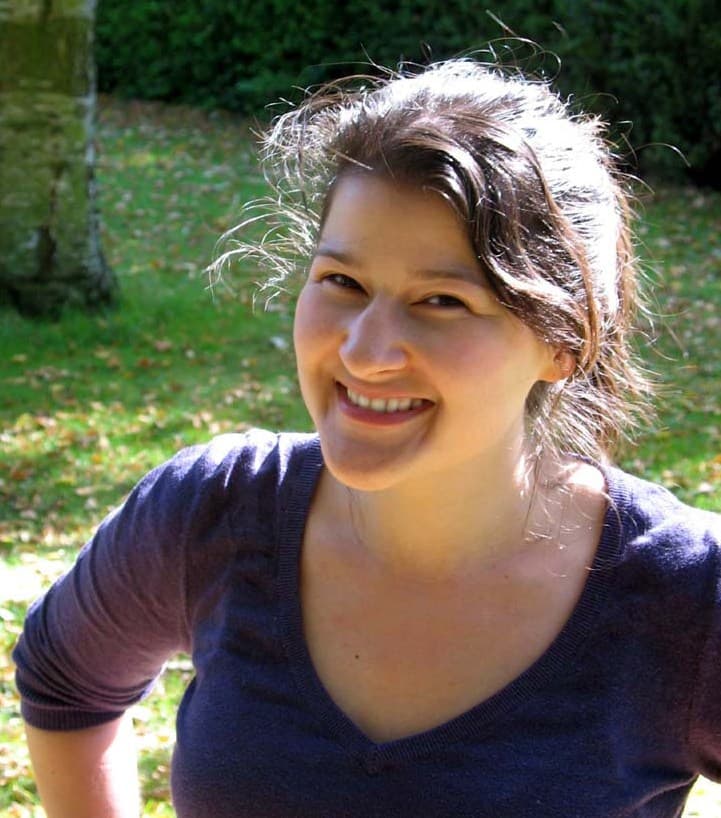 Sarah Rubin (Source: balletconnections.com)[/caption]
Sarah Rubin (Source: balletconnections.com)[/caption]Unless you are a stream-of-consciousness author like Virginia Woolf or Jack Kerouac, you are not going to write your novel in a single session. Tell yourself this - over and over again. You don’t need the pressure weighing down on you to write a finalized version of every idea you have straight away. As Sarah Rubin suggests:
“Give yourself permission to be terrible. There’s nothing more paralysing than trying to write a perfect novel in one draft. Do your best to turn off your inner editor and just write. Everything can be fixed later!”
You don’t need a perfect sentence. Just get the information in your brain down, move on, and come back to it later. When you are completing your first draft, there’s nothing worse than getting into an endless loop of doubtful writing and forceful deleting to hamper productivity. Even if you have to consciously tell yourself, “I am writing the ‘ugly first draft,’” as Ann Handley calls it - do. Say “this is NOT final.” And keep marching on.
Sarah Rubin’s first novel, Dreamer Ballerina, was published in 2011. The two books in her Alice Jones mystery series, Alice Jones: the Impossible Clue and Alice Jones: the Ghost Light, are now available.
10. Innovation
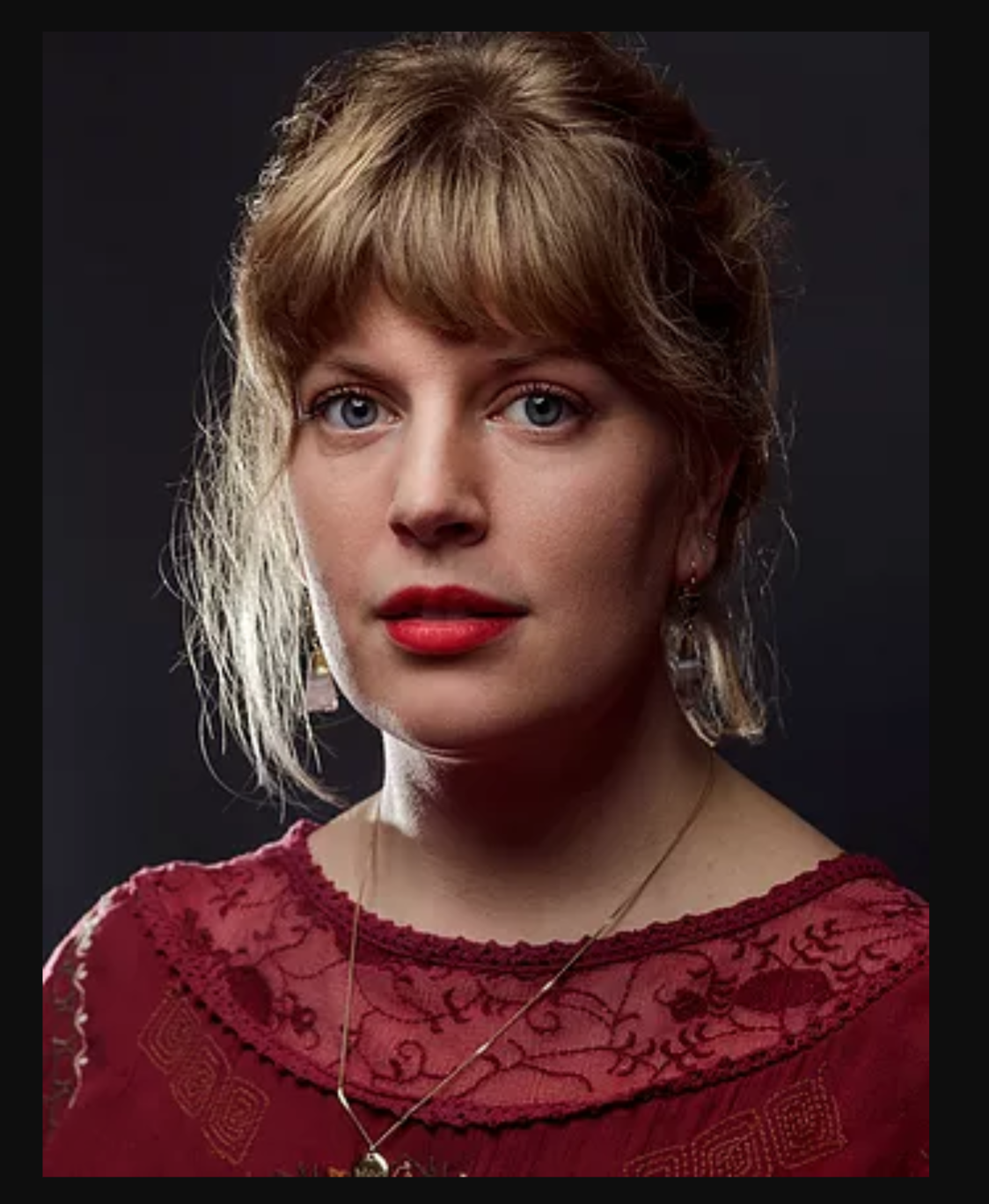
In an age of social media, sharing, and instant chat, it is easy to get bogged down thinking about reader reception before you even start writing. Though you must be acutely aware of the context within which you are writing, current trends and popular authors should have no bearing on how or what you write. As Sarah Perry says,
“Ignore every current trend and movement; pay no attention to what is presently most admired or most mocked; beware fervent admiration of any writer, however lauded, or any style, however praised. Think only of how you can make your writing most perfect, and most perfectly your own.”
Within the literary world, it is particularly appropriate to press the importance of removing yourself from what’s “current.” What is contemporary right now will no doubt be gone by the time your book gets to publication. Write your story, your way, and stop comparing yourself to other authors. Bring something to the table that hasn’t been seen before.
Sarah Perry is the author of The Essex Serpent and After Me Comes the Flood. The Essex Serpent was nominated for a further eight literary awards after becoming a number one bestseller and Waterstones’ Book of the Year 2016.
The Best Tip We Could Find
And finally - here’s the best tip we found, and it comes from Marcus Sedgwick, author of The Ghosts of Heaven. Precisely and humorously, he says:
[caption id="attachment_14010" align="alignleft" width="250"]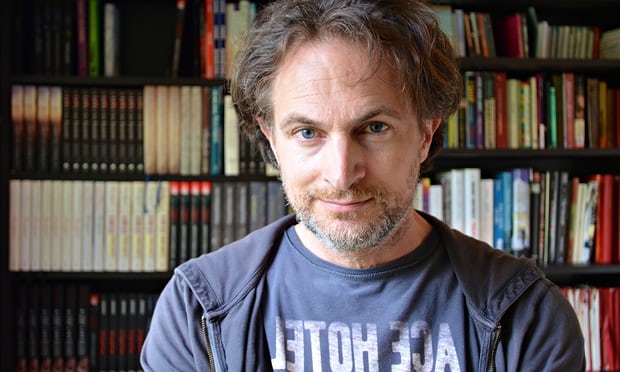 Marcus Sedgwick (Source: guim.co.uk)[/caption]
Marcus Sedgwick (Source: guim.co.uk)[/caption]“Ignore all lists of writing tips. Including this one. And including this tip. Or at least take them with a big pinch of salt. I have never met two writers who work exactly the same way: One of the hardest, but ultimately most rewarding, things about writing is that you have to work out for yourself who and what you are as a writer, and how you yourself work best. When you’re starting out, it’s very easy to see a piece of advice by [insert your favourite author here] and think, If she/he writes like this, I must do it that way too. That can be unhelpful, and instead I think that every time you hear a writing tip, you have to decide whether it means something to you, resonates with you, or whether it sounds like the stupidest thing you’ve ever heard. It’s your book, you need to learn to write it your way. Now please ignore this advice.”
Marcus Sedgwick is a British writer, illustrator, and musician. His was winner of The Branford Boase Award in 2001 and shortlisted for The Guardian Children's Fiction Prize in 2002. His published novels include The Ghosts of Heaven, Floodland, and The Dark Horse.



